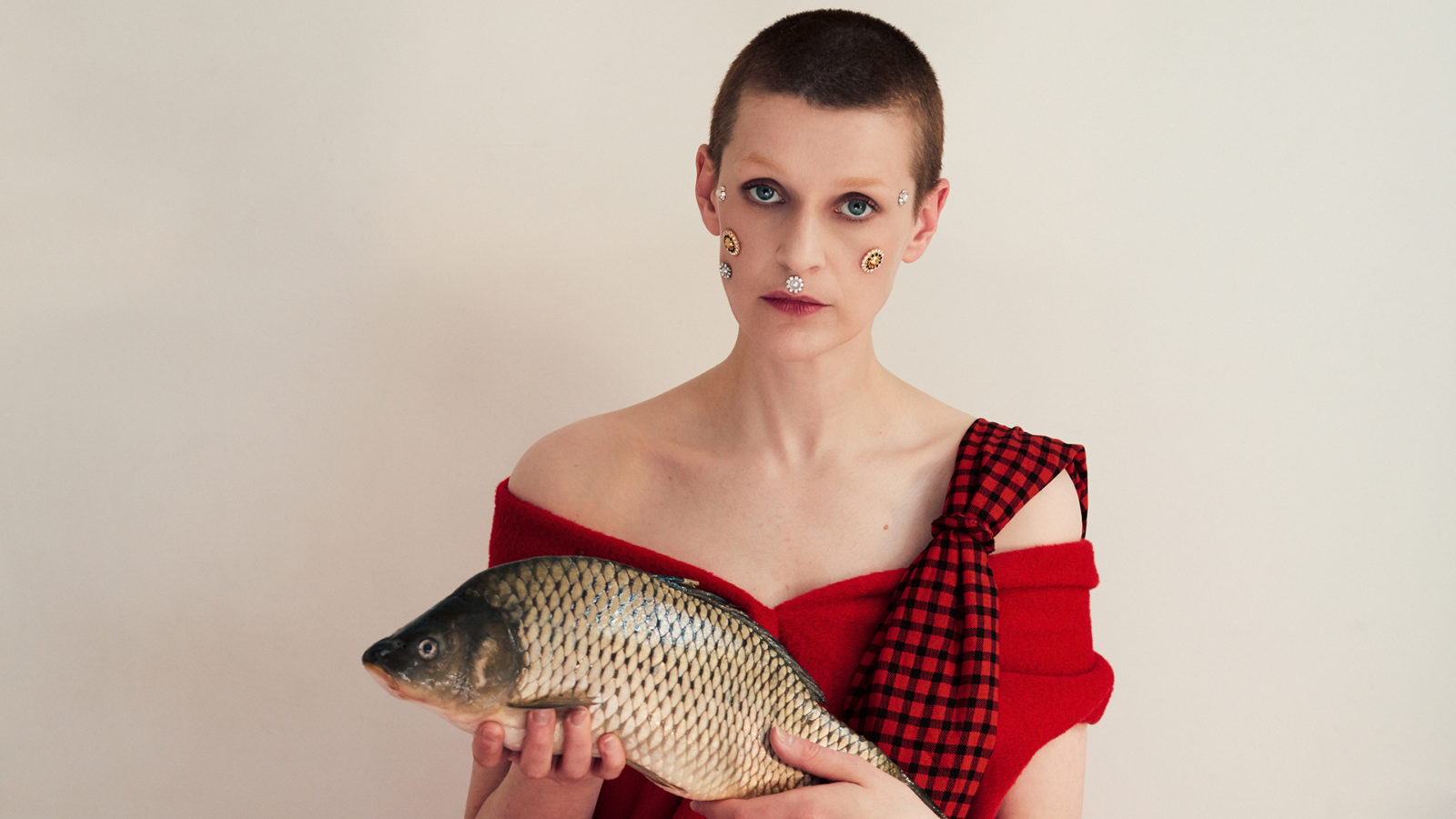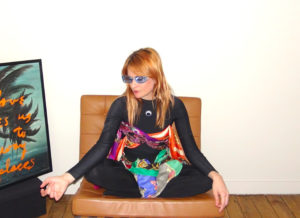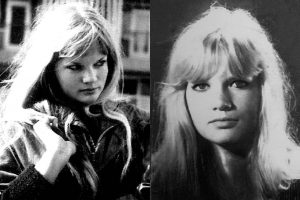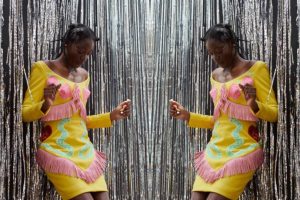What’s your relationship to London? Is it a city you feel connected to?
I’ve had a love-hate relationship to London for a long time. As a child I was crazy about the city. Dreamed of it. For a long time I only referred to it as a place for work (touring and performing etc) and it really left me feeling bitter about all the traffic and crummy venues. But over the last few years I’ve had a deep longing for London again. A big part of me really loves it and all it stands for – I just need to reconnect to it again as it’s been a while since I felt at home there.
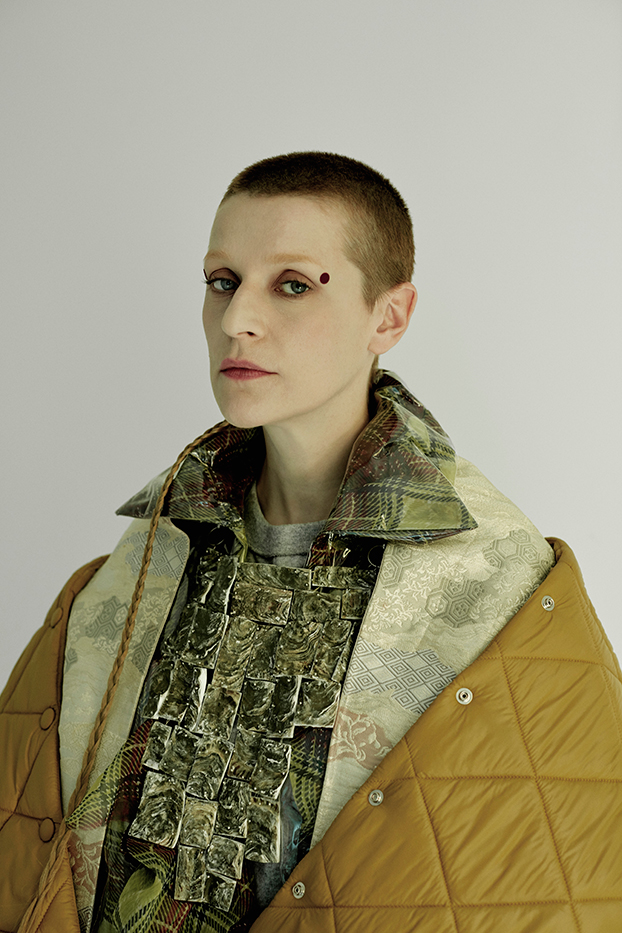
El Perro Del Mar (© Ari King)
KoKoro is your 5th studio album. How has your songwriting evolved over the years?
A lot of my methods to keep my feelings for my songwriting fresh and fun is to play around and break routines. I believe that if you have a solid foundation of what it is your doing, what it is you want to express as an artist/musician, then you are free to explore and experiment. Your audience will understand – as long as the foundation’s there.
Since my first album I’ve gone through a lot and in many ways I’m a different person though I’m the same. My songwriting has grown in the same way. My first album was very much about an inner monologue to overcome a personal dark time while my new album is a means to communicate externally to people about the times we’re all finding ourselves in. It’s reaching out with a plea for change.
El Perro Del Mar’s “God Knows”, featured on HBO series Girls
What music influences did you look to while putting the album together?
I found myself in need of something NEW, something that made me feel happy and new to music and I felt really bored of what I found in my nearest surroundings. So I turned to music from other places in the world, music that I hadn’t really listened to before, that I somehow had missed out on. With KoKoro I wanted to break down borders and the idea of genres or belongings. These themes seems to be of such importance these days, and politically as well as musically I wanted to touch upon that.
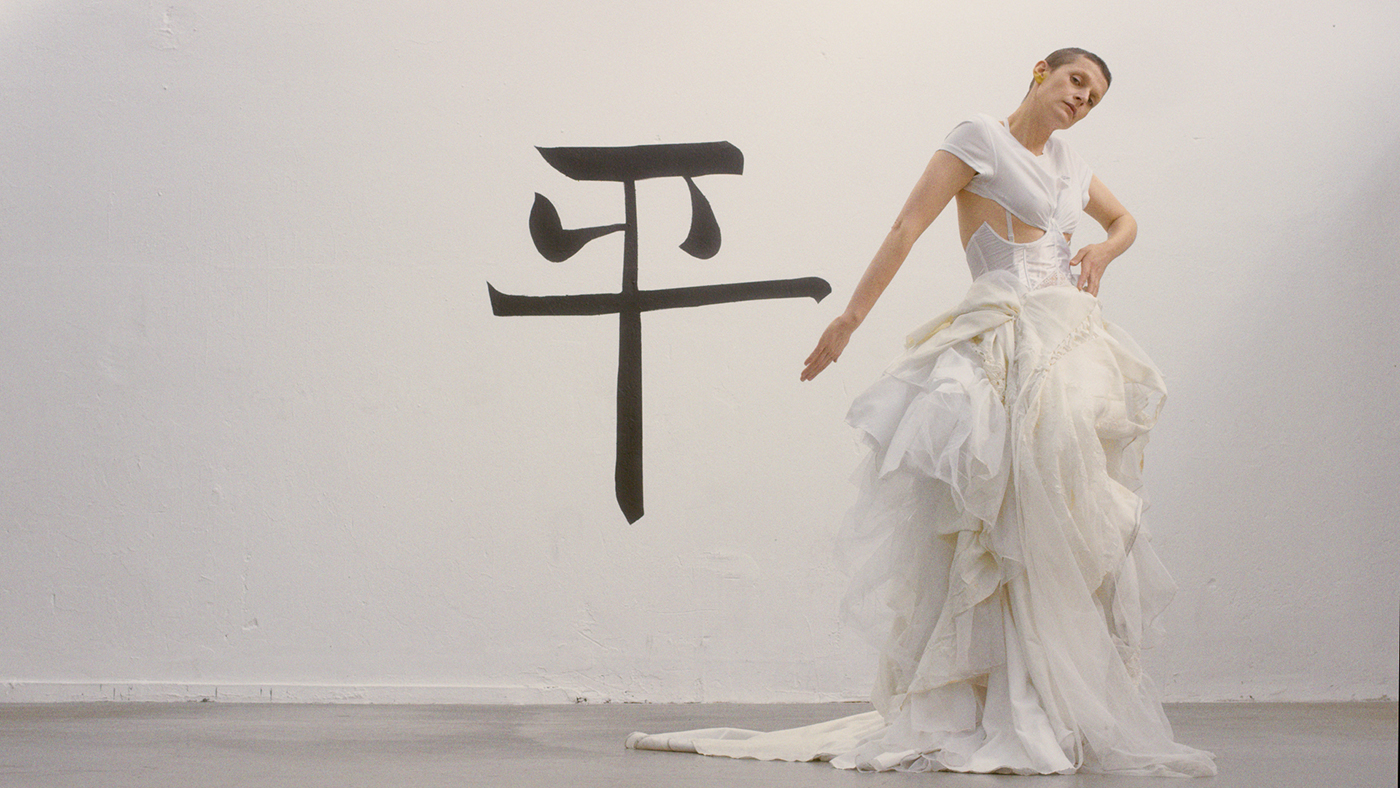
Sarah Assbring is El Perro El Mar (© Hedvig Jenning)
You’ve said KoKoro is about “vulnerability and strength of the heart”. How do these themes appear in your songs?
KoKoro is about what the heart is put through and what it endures in everyday life, in all of us, regardless of where in the world we live. It can be about coping with yourself and your body image, dealing with the pressure of consumption, fighting for your family to stay together, fighting to be a woman, or a man, or just fighting for existence. KoKoro is about all those things.
When on stage, what emotions do you strive to convey to your audience?
The complexities of all the feelings that my songs contain – happiness, sadness, anger, frustration, love but mostly hopefulness. I want to convey hope and the need for it.
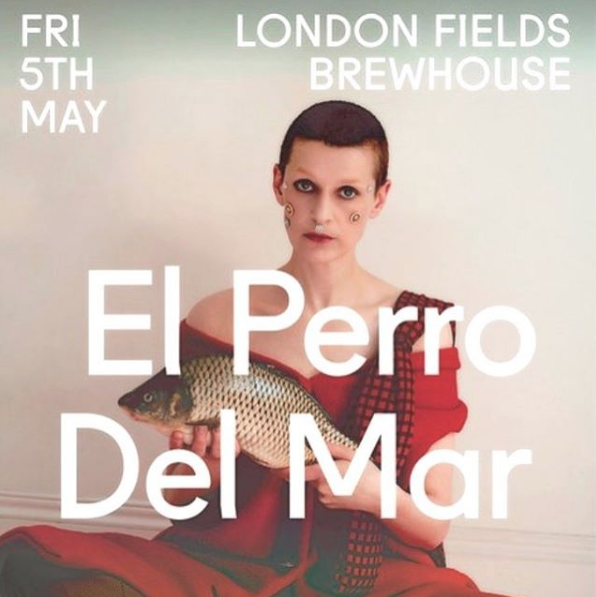
Photo via Instagram @epdm
